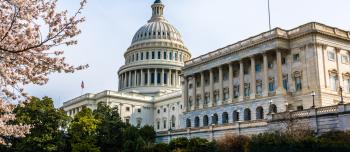As part of the health reform law, the Secretary of Health and Human Services (HHS) must define "essential health benefits" for certain health plans and ensure that their scope is equal to the scope of benefits provided under a typical employer plan. In 2014, insurance companies that want to participate in the State Insurance Exchanges must include these “essential health benefits” in their coverage policies.
To help determine the definition of “essential health benefits,” the Department of Labor conducted a survey of employer-sponsored coverage and examined which benefits are typically covered by employers. The Department of Labor submitted its findings to HHS on April 15. A copy of the survey can be found at:http://www.bls.gov/ncs/ebs/sp/selmedbensreport.pdf.
This survey has been criticized for relying too heavily on large-employer plans, when only small employers and individuals will be using the exchanges. Large-employer plans are often more generous and more expensive than small-employer and individual plans.
In determining what constitutes an "essential benefit," HHS must balance the need for high standards of coverage with the fear that too high a standard will make coverage unaffordable. HHS will be using the results of the survey, along with recommendations from the Institute of Medicine and input from stakeholders, such as the National Hemophilia Foundation. NHF has previously submitted comments about the unique needs of the bleeding disorders community, and will continue to do so as the definition for “essential health benefits” is being developed.





